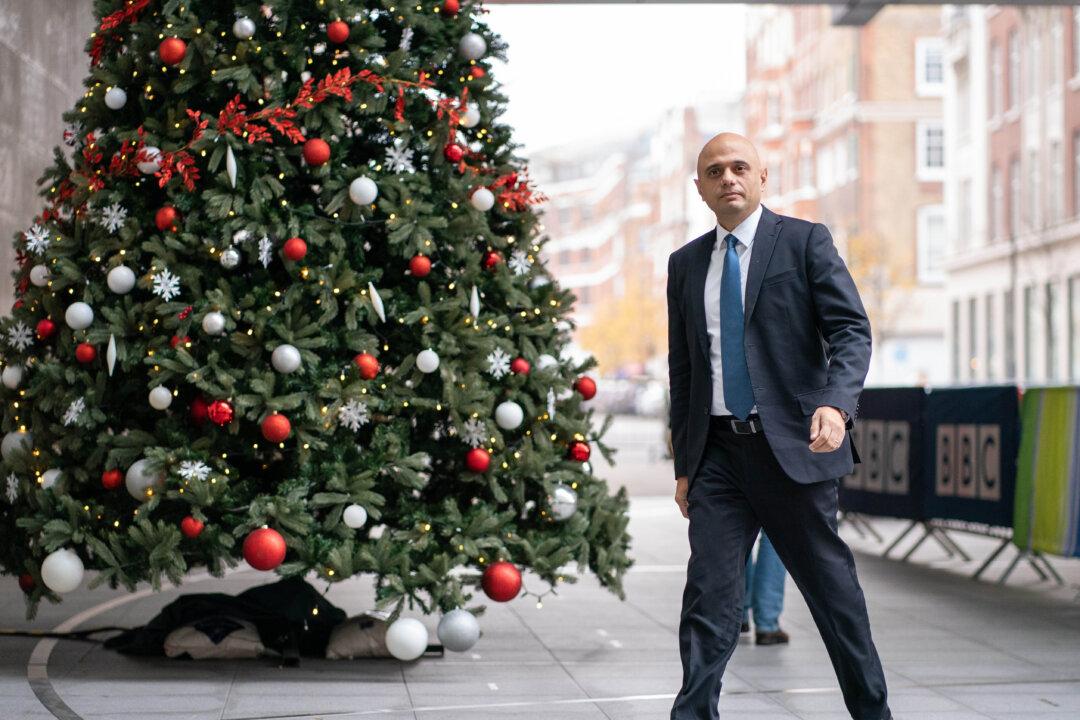People who self-isolate after contracting COVID-19 in England could be released up to three days earlier, subject to lateral flow test results, the government has announced.
For many, it could mean that they'll get out of isolation in time to see their families during Christmas.





